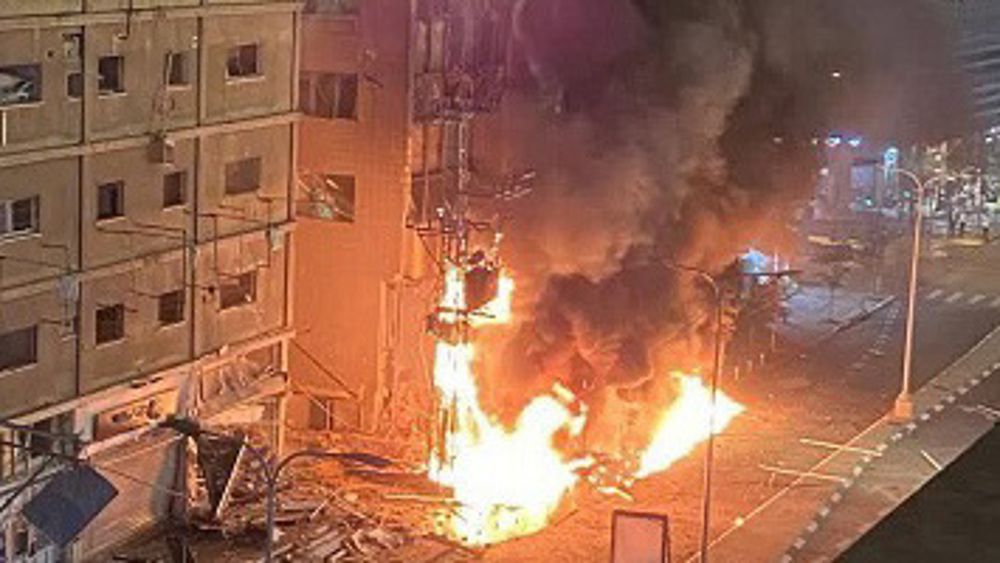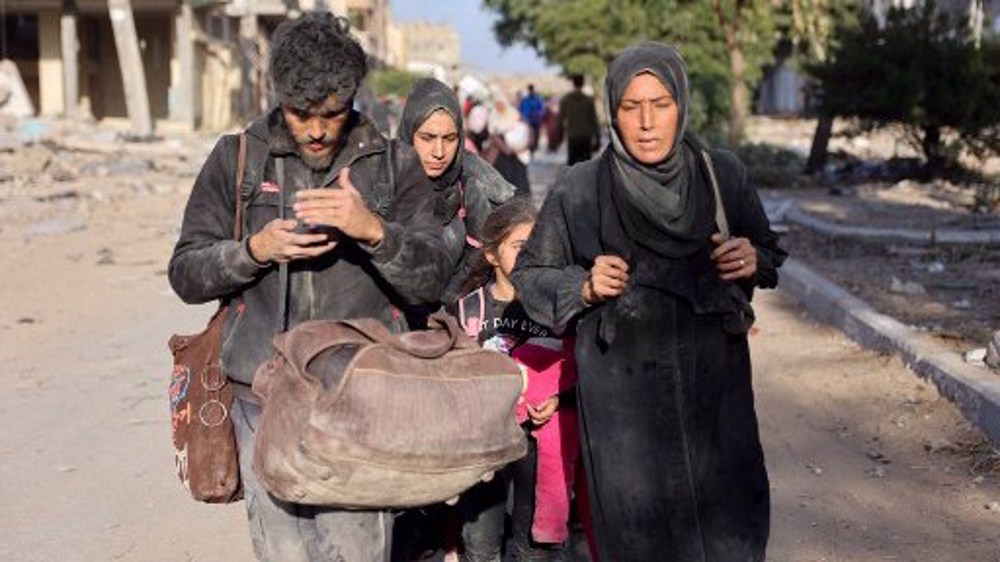Inquiry opened on ‘matters’ related to Israeli prime minister
An official investigation has been opened into "matters" related to Israeli Prime Minister Benjamin Netanyahu, says Israel's attorney general.
“Following information received in matters pertaining among other things to the prime minister, and which has been presented to the attorney general by the police's investigations and intelligence department…the attorney general has decided to instruct that an examination of the matter be opened," said a statement released by Avichai Mandelblit's office on Sunday.
The announcement comes after days of media speculation over possible suspicions of misconduct by Netanyahu or by people close to him.
On Saturday, an Israeli official said that the details of an investigation into allegations of large-scale money laundering by Netanyahu will soon be made public.
Recently, Israeli media said the investigation against Netanyahu focuses on foreign funds he received after resuming office in 2009. The premier has dismissed the allegations.
Netanyahu is also implicated in a separate fraud case involving French tycoon Arnaud Mimran, who is said to have previously made unrelated donations to the Israeli premier.
Earlier this week, a French court convicted Mimran of fraud and sentenced him to eight years in prison and one million euros in fines in a 2008-2009 fraud case.
On Friday, Channel 10 reported that the latest police investigation into Netanyahu's affairs involves suspicions of money laundering on a wide-scale.
The suspicion pertains to the alleged transfer of "large sums" to either Netanyahu or one of his family members and is not linked to campaign or political funding, it said.
$12.9-million boost to West Bank settlements
Meanwhile, Netanyahu has announced a $12.9-million program aimed at bolstering two Israeli settlements in the West Bank.
He noted the funds will be spent in the Kiryat Arba and another settlement adjacent to the Palestinian city of al-Khalil (Hebron).

Last week, Netanyahu approved the construction of hundreds of settlement units in the West Bank.
The UN and most countries regard the Israeli settlements as illegal because the territories were captured by Israel in a war in 1967 and are hence subject to the Geneva Conventions, which forbid construction on occupied lands.
The presence and continued expansion of Israeli settlements in occupied Palestine has created a major obstacle for the efforts to establish peace in the Middle East. Palestinians want the West Bank as part of their future independent state, with East al-Quds as its capital.
More than half a million Israelis live in over 230 illegal settlements built since the 1967 Israeli occupation of the Palestinian territories of the West Bank and East al-Quds.
VIDEO | Press TV's news headlines
VIDEO | Intl. conference honors martyred journalists in Gaza, Lebanon
VIDEO | Israel relies on attacking civilians, urban areas to pressure Hezbollah
VIDEO | Suppressing voices of truth
VIDEO | Martyrs of Islamic Jihad movement laid to rest in Damascus
VIDEO | Gazans produce charcoal to get warm
Hezbollah retains ‘Fire for Fire’ strategy; takes Tel Aviv under ballistic missile barrage
Iran, Azerbaijan top brass underline military, defense cooperation













 This makes it easy to access the Press TV website
This makes it easy to access the Press TV website